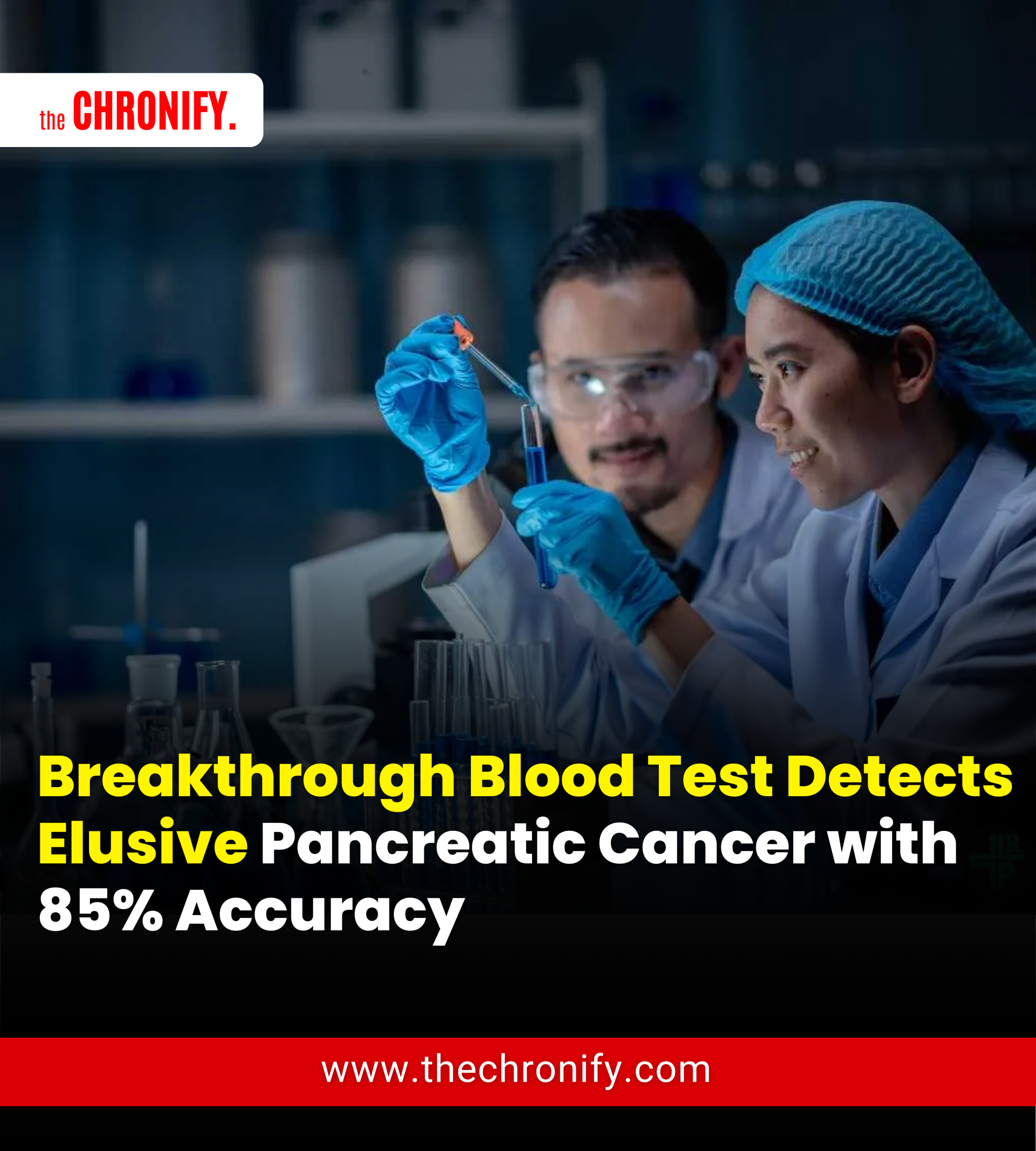Breakthrough Blood Test Detects Deadly Pancreatic Cancer Early, Offers Hope for Patients
Researchers at Oregon Health & Science University (OHSU) have developed a groundbreaking new blood test that could transform early detection of pancreatic ductal adenocarcinoma (PDAC), the most common and deadliest form of pancreatic cancer.
The test, named PAC-MANN (Protease Activity-Based Assay Using a Magnetic Nanosensor), identifies subtle changes in protease activity — a key marker of PDAC — using just a tiny blood sample. Current tests like CA 19-9 aren’t sensitive enough for early-stage detection, often leaving the disease undiagnosed until it’s too late. PAC-MANN addresses this gap.
“Pancreatic cancer is frequently detected at a late stage,” said Dr. Jared Fischer, co-developer and assistant professor at OHSU’s Knight Cancer Institute. “Our aim is to shift that timeline and catch it early when treatment is far more effective.”
The team tested PAC-MANN using blood samples from 350 patients, and results were striking. The test correctly identified cancer 98% of the time and detected early-stage cases with 85% accuracy, especially when used alongside CA 19-9.
This low-cost, fast, and non-invasive test takes only 8 microliters of blood and just 45 minutes to deliver results — all for under a penny per test. It’s also capable of monitoring treatment response, offering real-time feedback on effectiveness.
Dr. Jose Luis Montoya Mira, lead author and engineer at OHSU, said PAC-MANN could be especially useful in rural or underserved areas, where traditional testing methods are impractical or unavailable.
If further validated in clinical trials, PAC-MANN could become a vital tool in routine cancer screening and improve survival odds dramatically.
“Hopefully,” said Fischer, “this is one step toward ending cancer as we know it.”

